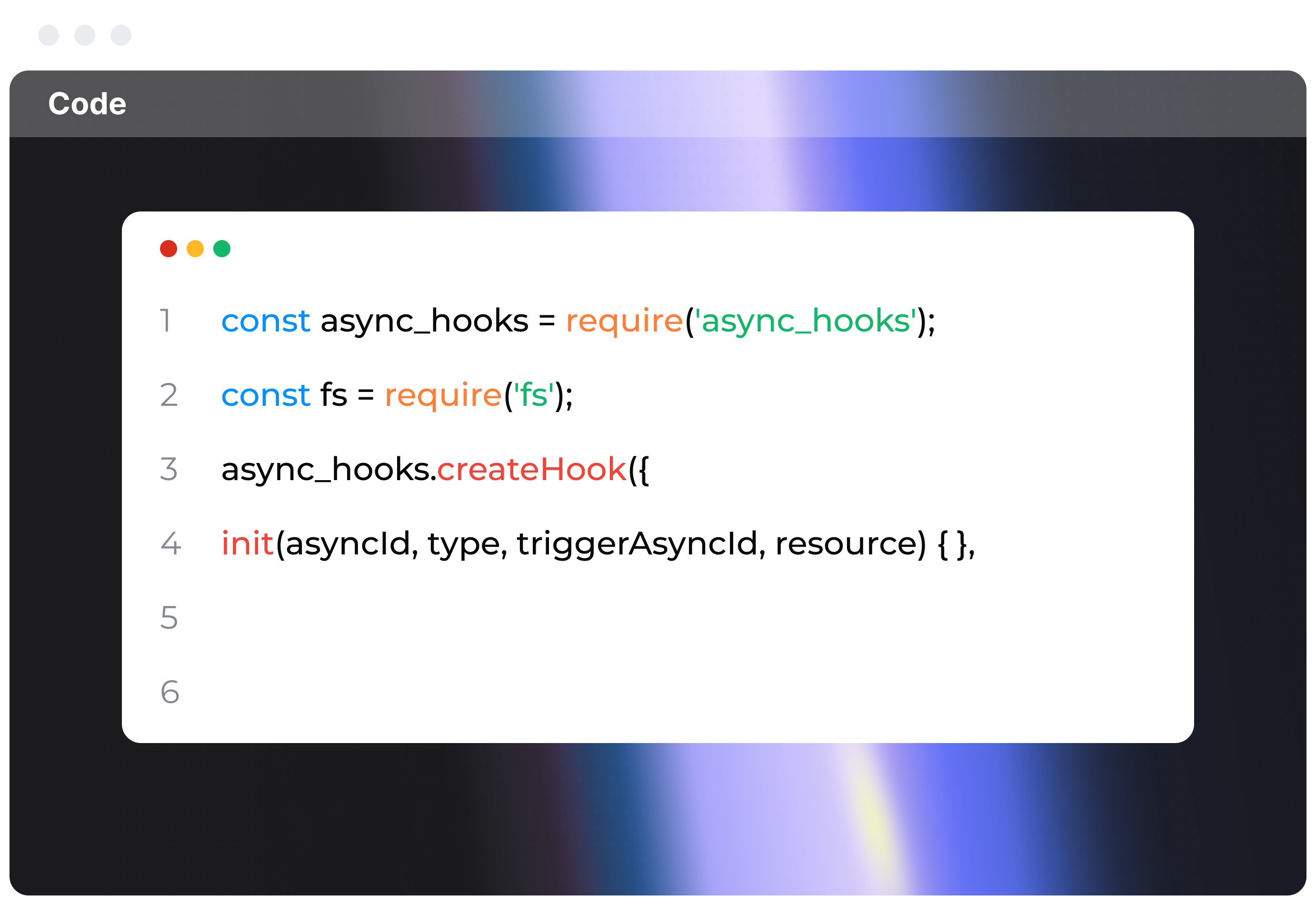How to Secure Sessions in JavaScript to Prevent Hijacking?

Securing Sessions in JavaScript
Securing sessions in JavaScript to prevent hijacking—sounds like serious business, right? It truly, absolutely is. When attackers hijack a user's session, they gain unauthorized access—truly messes with security.
Why does that happen, you ask? Well, it boils down to vulnerabilities like insecure storage of session data, session fixation, cross-site scripting (XSS), and cross-site request forgery (CSRF). Let's break down some key practices to help you secure those sessions effectively!
Use HTTPS
First things first—encrypt all communications between the client and server with HTTPS. Keeps session data private.
if (location.protocol !== 'https:') {
location.replace(`https:${location.href.substring(location.protocol.length)}`);
}
Set Secure Cookies
Next up, set your session cookies securely. Mark them as Secure, HttpOnly, and SameSite.
Secure: Only over HTTPS.HttpOnly: Blocks JavaScript access.SameSite(Strict/Lax): Controls cross-site requests.
document.cookie = "session_id=abc123; Secure; HttpOnly; SameSite=Strict";
Regenerate Session IDs
Keep regenerating session IDs, especially post-login or any sensitive operations. Minimizes session fixation dangers.
function regenerateSessionID() {
let newSessionID = Math.random().toString(36).substring(2); // Simplified for example
document.cookie = `session_id=${newSessionID}; Secure; HttpOnly; SameSite=Strict`;
return newSessionID;
}
Implement Session Timeouts
Session timeouts? Yes, please. Set them wisely to expire sessions after inactivity.
let sessionTimeout = 30 * 60 * 1000; // 30 minutes
setTimeout(() => logoutUser(), sessionTimeout);
function logoutUser() {
document.cookie = "session_id=; expires=Thu, 01 Jan 1970 00:00:00 UTC; Secure; HttpOnly; SameSite=Strict";
alert('Your session has expired. Please log in again.');
window.location.href = '/login';
}
Validate Session Data
Validate session data on every request. Server-side checks are your bff for ensuring data integrity.
app.use((req, res, next) => {
let sessionID = req.cookies['session_id'];
// Validate session ID on the server
if (isValidSession(sessionID)) {
next();
} else {
res.redirect('/login');
}
});
function isValidSession(sessionID) {
// Example validation logic
return sessionStore.includes(sessionID);
}
Protect Against XSS
XSS attacks are pretty sneaky. Validate and sanitize all user inputs and make good use of Content Security Policy (CSP).
<meta http-equiv="Content-Security-Policy" content="default-src 'self'; script-src 'self'">
function sanitizeInput(input) {
return input.replace(/[^\w\s]/gi, '');
}
let userInput = sanitizeInput(document.getElementById('inputField').value);
Implement CSRF Tokens
CSRF tokens are your key defenders against request forgery. Include a token in each form submission, and validate it on the server.
<form method="POST" action="/submit">
<input type="hidden" name="csrf_token" value="{generated_csrf_token}">
<!-- Other form fields -->
</form>
app.use((req, res, next) => {
if (req.method === 'POST') {
let requestCsrfToken = req.body.csrf_token;
let validCsrfToken = req.session.csrf_token;
if (requestCsrfToken !== validCsrfToken) {
res.status(403).send("CSRF validation failed");
} else {
next();
}
} else {
next();
}
});
Monitor and Log Activity
Monitoring and logging session activities can really help you detect and respond to anything fishy. Invalidate sessions if needed.
app.use((req, res, next) => {
let sessionID = req.cookies['session_id'];
let userIP = req.ip;
let userAgent = req.headers['user-agent'];
logActivity(sessionID, userIP, userAgent);
if (isSuspiciousActivity(sessionID)) {
invalidateSession(sessionID);
res.redirect('/login');
} else {
next();
}
});
function isSuspiciousActivity(sessionID) {
// Example logic for detecting suspicious activity
let activityLogs = getActivityLogs(sessionID);
return detectAnomalies(activityLogs);
}
function invalidateSession(sessionID) {
// Invalidate the session
sessionStore = sessionStore.filter(id => id !== sessionID);
}
With these practices in mind, your web application's sessions can be secured against hijacking threats, making the overall user experience safer and more reliable.









